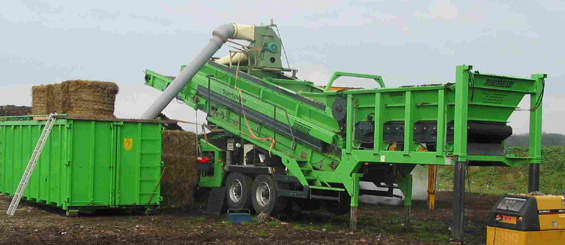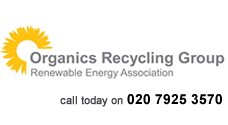In the UK, AfOR operates a certification scheme in partnership with the German certification body Din Certco, aligned to the requirements of BS EN 13432. Packaging certified to BS EN 13432 is an acceptable input material to commercial composting systems, including those that comply with BSI PAS 100 for composted products as well as the Quality Compost Protocol.
In order to gain certification for the packaging comprehensive documentary evidence and product test results are essential.
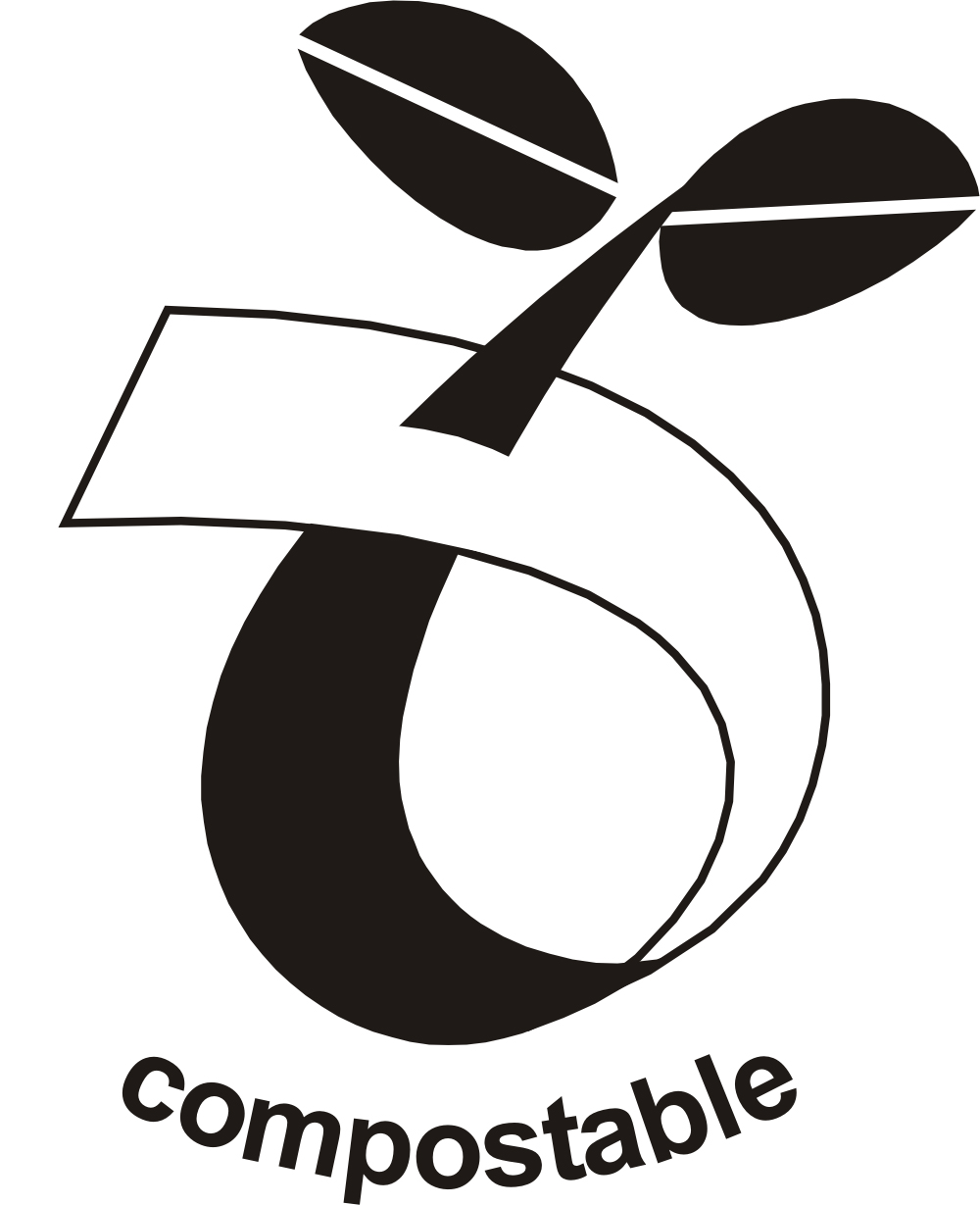
Certified products or product families, e.g. a style of bags within a specified size / thickness range, are then issued a uniquecertifi cation number and are permitted to carry the European Bioplastics's 'compostable' seedling logo. (European Bioplastics is the owner of the logo and licences certification bodies to award its use to manufacturers and converters of certified compostable packaging and plastics.) Under this scheme, a product that carries the 'compostable' seedling logo must also display its certification number. This allows end-users to trace the product to its source.
A product certificate is only valid for three years after which it must be renewed if the product is to continue to use its certification number and the 'compostable' seedling logo. In addition, to ensure integrity of the whole process, at frequent intervals throughout the three year period, the certification body, in the UK the Association for Organics Recycling, will seek samples from the market which will then be sent for further testing. This market surveillance aims to verify whether a 'compostable' product on the market is in fact the same one that passed the 'compostable' tests, with the same certification number.
It is also worth noting that manufacturers who gain certification do so to a maximum thickness e.g. 100 microns, and that this thickness may be many times thicker than the final product. Using a kitchen caddy liner as an example, the liner itself is likely to be between 16 and 20 microns thick however the certification for the product can be as high as 100 microns thick, Thus, it is extremely likely that the product which is five times thinner than the certified material will compost much faster than the limits specified within BS EN 13432.
For more information about the Association for Organics Reycling's certification scheme for biodegradable and compostable packaging and products please contact Georgia Phetmanh
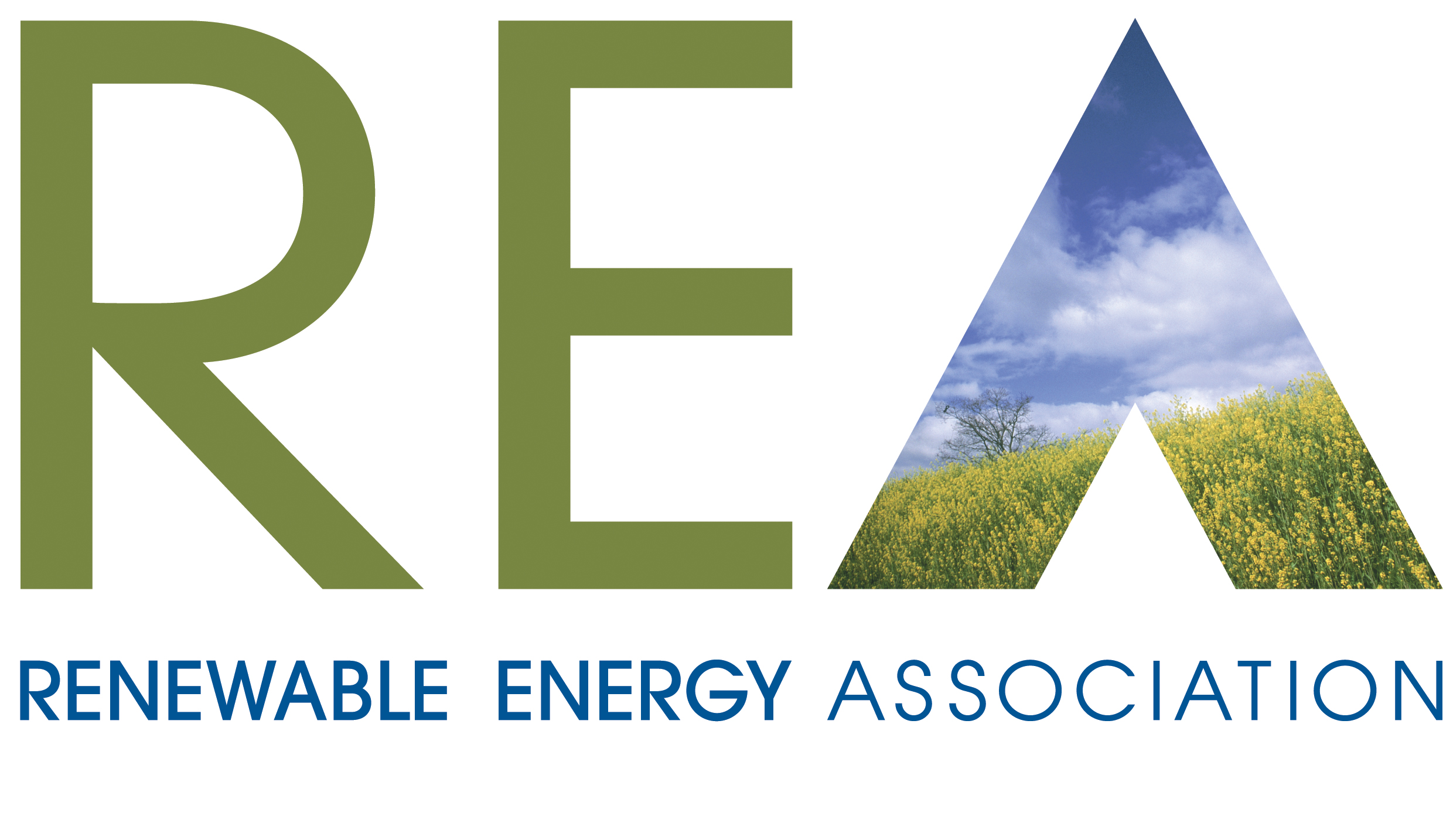



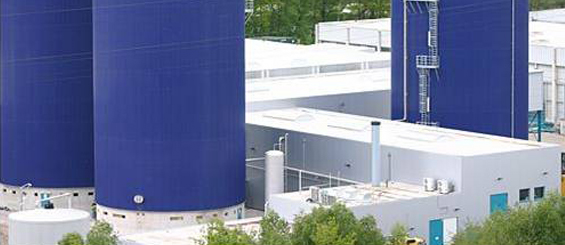
.jpg)

